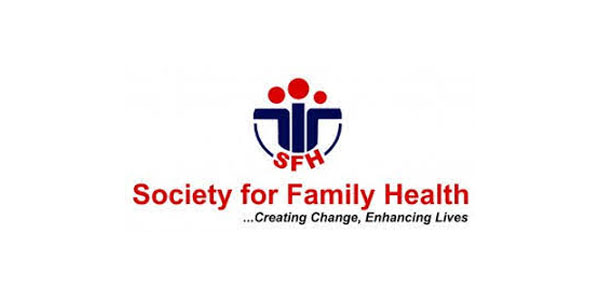By Asmau Ahmad
The Society for Family Health (SFH) said its project ‘Lafiyan Yara,’ has tested no fewer than 440,272 persons in eight local government areas of Taraba state to control the spread of HIV and AIDS in the state.
Speaking at a ceremony in Jalingo to mark the end of the four years programme that began in 2019, the state Programme Manager of SFH, Dr Aisha Dadi, explained that out of the number, more than 1,081 children tested HIV positive out of which more than 1,020 children were linked to treatment.
“The project recorded 142 People Living with HIV who started antiretroviral treatment within the last quarter of the project phase.
“The implementation ensured that all pregnant women got tested and positive mothers were enrolled for effective management to increase maternal and child survival.
“The number of children and pregnant women who are currently on treatment showed a marginal drop of 14 per cent and 21 per cent respectively,” she said.
She explained that the Lafiyan Yara (wellbeing of children) was a proof-of-concept project funded by Aidsfond (2019-2022) through SFH and the Institute of Public Health of the Obafemi Awolowo University Ile-Ife.
She disclosed that the project was implemented in collaboration with the state ministry of health and the Taraba State AIDS Control Agency since 2019.
In his remarks at the event, the Commissioner for Health in Taraba, Dr Innocent Vakkai, commended the partners for facilitating the test.
He said that the state government would continue to support relevant agencies to improve the healthcare delivery system in the state.
The Galadima of Muri, Alhaji Tukur Abba-Tukur, also commended the programme implementation agencies, especially SFH, for the level of awareness created among the people of the eight local government areas that benefited from the programme.
He assured the agencies of a sustained enlightenment campaign and mobilisation of communities to always support such activities.




